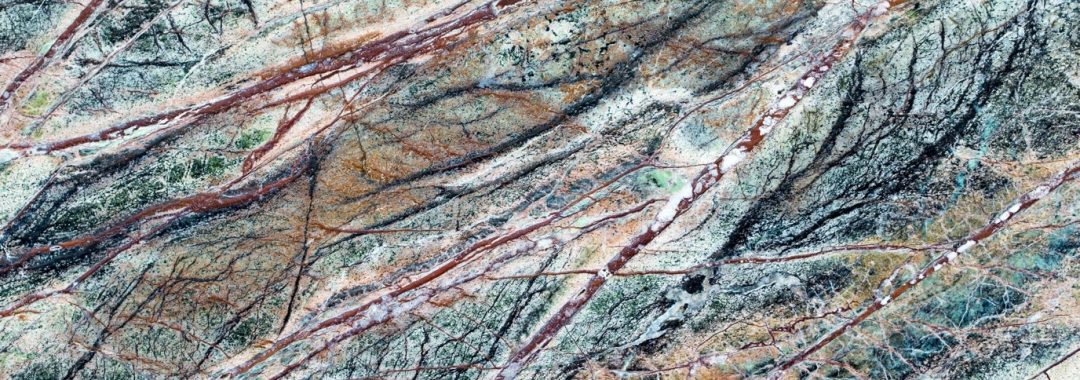narrating, thinking, fabulating, doing, weaving, crafting, telling, creating, situating
Crooked worlds require crooked methods. As a method and technique, speculation is concerned with accepting that explanation is not enough on its own, and that proof and evidence are not always sufficient when working on complex matters. Contemporary worldly troubles urge an engaged practice of articulating the unusual. Practising this method is to “stay with the trouble” (Haraway 2016) in order to foreground what is actually going on, beyond promises of modern progress.
To Alfred N. Whitehead (1978 [1929]), speculation is a project of articulating a method that can produce important knowledge. Here, importance is a relevant cue. As Isabelle Stengers and Didier Debaise (2017) put it, ethics is the center of speculation. It is concerned with the relation between the world and the way we act in the world, as well as the capacity to be accountable for actions and ideas that always have consequences. Speculation is paying attention to these different paths, and the way that different actions can add extra force in the realization of such paths, by asking:
How are these paths contested? What other paths are (being made) possible? How might x come to matter for y through action z? How might I/we/they, make sure z is accounted for?
Taking action and agency seriously also brings about a certain way of relating to futures. In a speculative mode, the concept of future only becomes real when actualised, as opposed to something that can be endlessly predicted. The path going from the now is not linear, consistent, nor chronological. Stories other than those narrated in a past-present-future continuum are of interest in speculative work. This work is methodologically accomplished by paying attention to, how futures are made, as well as the technologies and calculative rationalities that make them. Then reworking, challenging, or dreaming of these futures through other space-time paths. And this particular choice of attention is equally an opportunity to assess our own narrations of past, present and future in learning how experiences are situated.
Speculation requires a lot of asking about what is etched in stone in order to even ask, what if other tools were used. But what if the material was not even stone, but perhaps plastic, sand, wood, cotton, coal? Trying to leave behind imaginations of linear progress and growth is not an easy task, because our worlds are full of these conceptions. But there is a reward. Turning to speculation is an occasion to practice imaginings of paths other than jaded forecasts, in the hope of making actions and responsibilities coalease.
Author: Caroline Anna Salling
References:
Haraway, Donna J. 2016. Staying with the Trouble: Making Kin in the Chthulucene. Durham and London: Duke University Press.
Stengers, Isabelle and Didier Debaise. 2017. “The Insistence of Possibles: Towards a Speculative Pragmatism”. Parse Journal, 7, pp. 12-19.
Whitehead, Alfred N. 1978 [1929]. Process and Reality: An essay in Cosmology. Corrected Edition, eds. David Ray Griffin and Donald Sherburne. New York: Free Press
